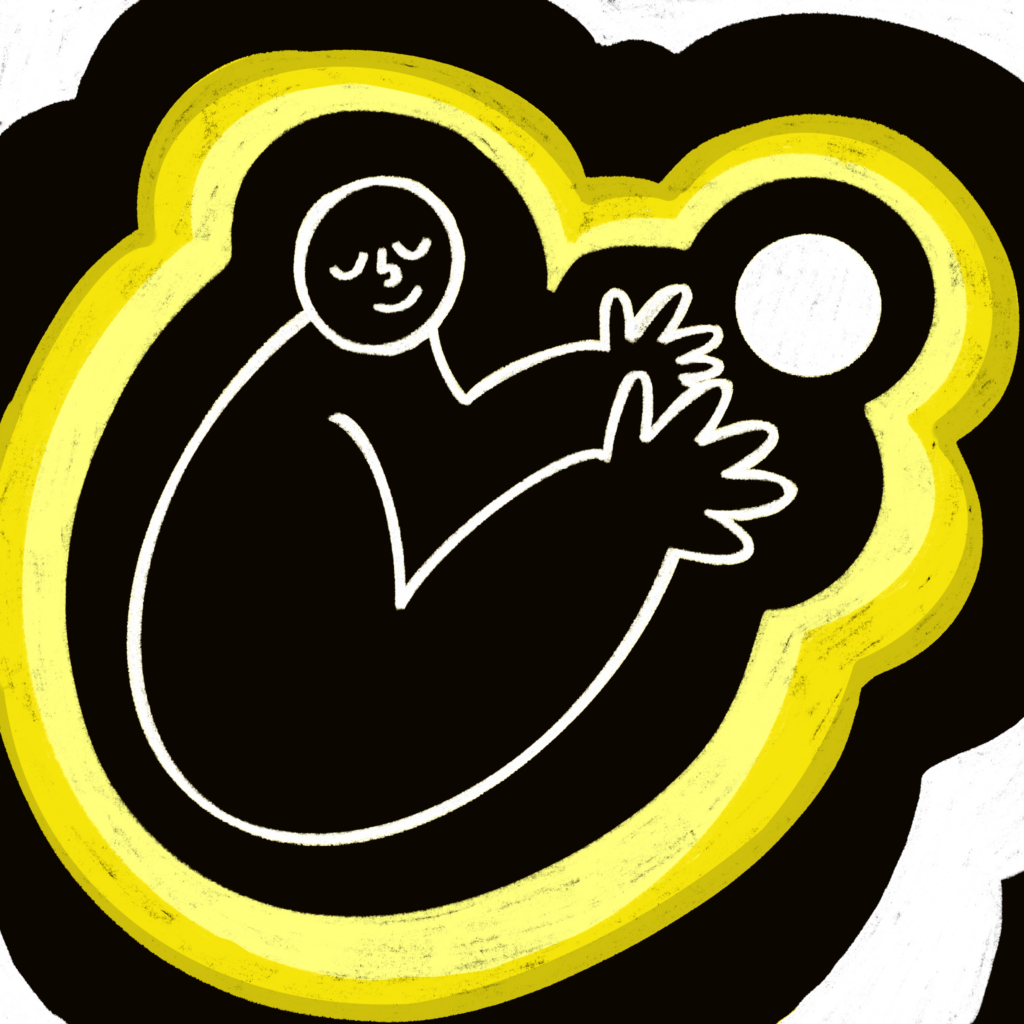Dear Mr. Assini,
I used to be a cynic. I felt powerless. I used to be a cynic. Lonely and insecure, I saw the worst in my classmates, and the darkness of the world. The anger drew inward. I desperately wanted to join a movement – or really talk to the kids in my classes about things other than homework. I just didn’t know how.
Eighth-grade history class was the starting point of my transformation. Over the course of one year, you cultivated the first real “safe space” I’ve found in a school classroom. Your class was a democracy; every topic was up for discussion, and nothing was off limits. You encouraged us to blurt out the first things we thought of, because that way, we would be able to uncover our deepest personal biasesOne of the first classes, you asked us to list the first things we thought of when we heard the word “Native American.” We laughed talking about stereotypes of riding horses, Willie Nelson braids, and making metaphors about nature, but it soon died down once we realized how removed of humanity these depictions were. This was the dominant narrative surrounding this group of people, homogenizing starkly different cultures, and erasing the great technological advancements and democratic societies these people had built long before most European countries had. We realized this dominant narrative only served to justify colonialism and perpetuate the continued oppression of Native Americans to this day. This honesty brought us closer together. I finally saw my classmates for who they were: kind, deeply intelligent people, just trying to figure out what’s right. By the end of the year, I held a deep respect and appreciation for their contributions inside the classroom and out.

The foundation of the class was empathy. Instead of just memorizing dates or pouring over battle maps to study the Revolutionary War, we learned just why George Washington was so important. He was the was the greatest leader this nation’s ever seen. But Washington listened to the American people, admitted his faults, and strived to be the best he could be. Those are lessons we can all carry into our lives. You grounded the vast concepts like racism and war in the human experience, we could understand the pain on a much deeper level. We could never forget.
Nor will we forget the lessons you grounded in our own experience. We studied Superbowl commercials to recognize propaganda, for example. We watched the Star Wars prequels to understand the importance of checks and balances in government to prevent corruption. He even brainstormed ways to get civically engaged in our own neighborhoods. I remember feeling inspired as we fired off idea after idea, like writing to representatives, volunteering with political organizations, or even creating art, music, and literature to voice your opinion. It made me realize how much power I had as a citizen.
Just a few months after I graduated eight grade, I joined the School Strike for Climate on September 20th, 2019– my first protest ever– standing on the steps of our local courthouse with a few passionate kids I had just met. Now, they’re some of my closest friends. Together, we’ve hosted events, written letters and postcards, phonebanked, textbanked, and co-sponsored an anti-fossil fuel letter to our Governor. It all feels like an extension of your class — the sense of community, the desire to always keep learning, the hope that we can change the course of history.
You changed my life, and the lives of many others, Mr. Assini. Student by student, you’re transforming American society. Thank you.
Carissa



